Display videos
Yes, I'd like to see videos dispalyed.
From 1978 he played in the youth set-up at America FC and he moved up to the first team in 1982. He signed for Flamengo in 1984, winning the city championship of Rio de Janeiro two years later and in the following season the Brazil league title. In 1989 he was the second Brazilian player after Tita to sign for the Werkself. Originally a right back, Jorginho played in holding midfield for Bayer 04 in the first two years and was always close to the action. In the 1991/92 season, coach Reinhard Saftig made him captain and put the very talented player on the right side of defence in his regular position. Soon after arriving in Leverkusen, Jorginho set up a Bible reading class, which one or two players used to regularly take part in. As the team captain and a practising Christian he always presented the captain of the opposing team with a Bible signed by him at the toss-up.
After his third season at Leverkusen, where he made 101 appearances and scored 10 goals for the Werkself, he was unable to resist the call of Bayern Munich. He stayed in the Bavarian capital for two and a half years and he won the Bundesliga title with FC Bayern in 1994 and the World Cup with Brazil in the USA in the same year. In the winter break in the 1994/95 season he moved on to Japan to play for Kashima Antlers. In his four years there, Jorginho won the league title four times with his team and was also voted J League Player of the Year in 1996. After returning to Brazil he played for FC São Paulo, Vasco de Gama and Fluminense before ending his playing career in 2002.
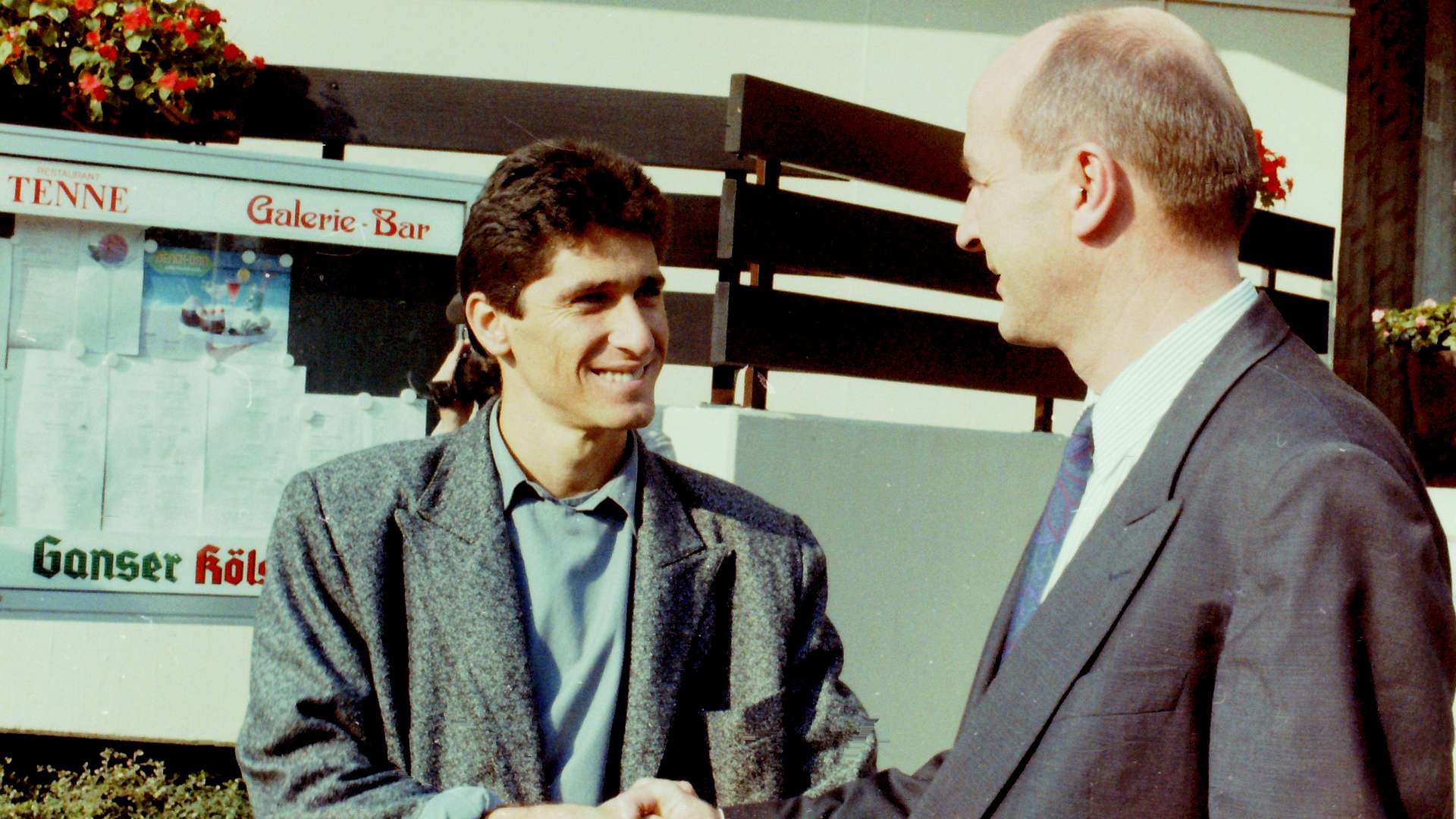

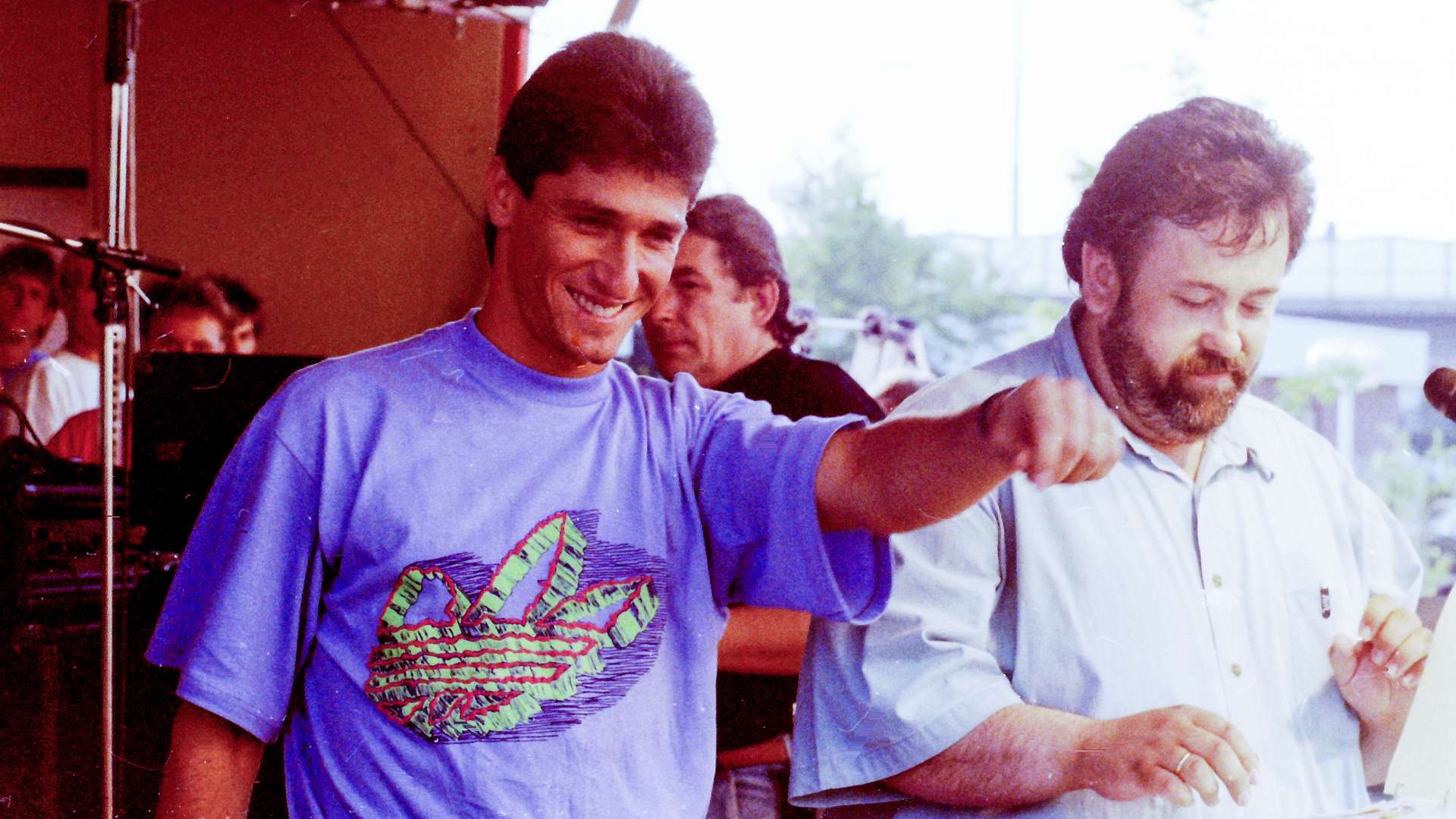
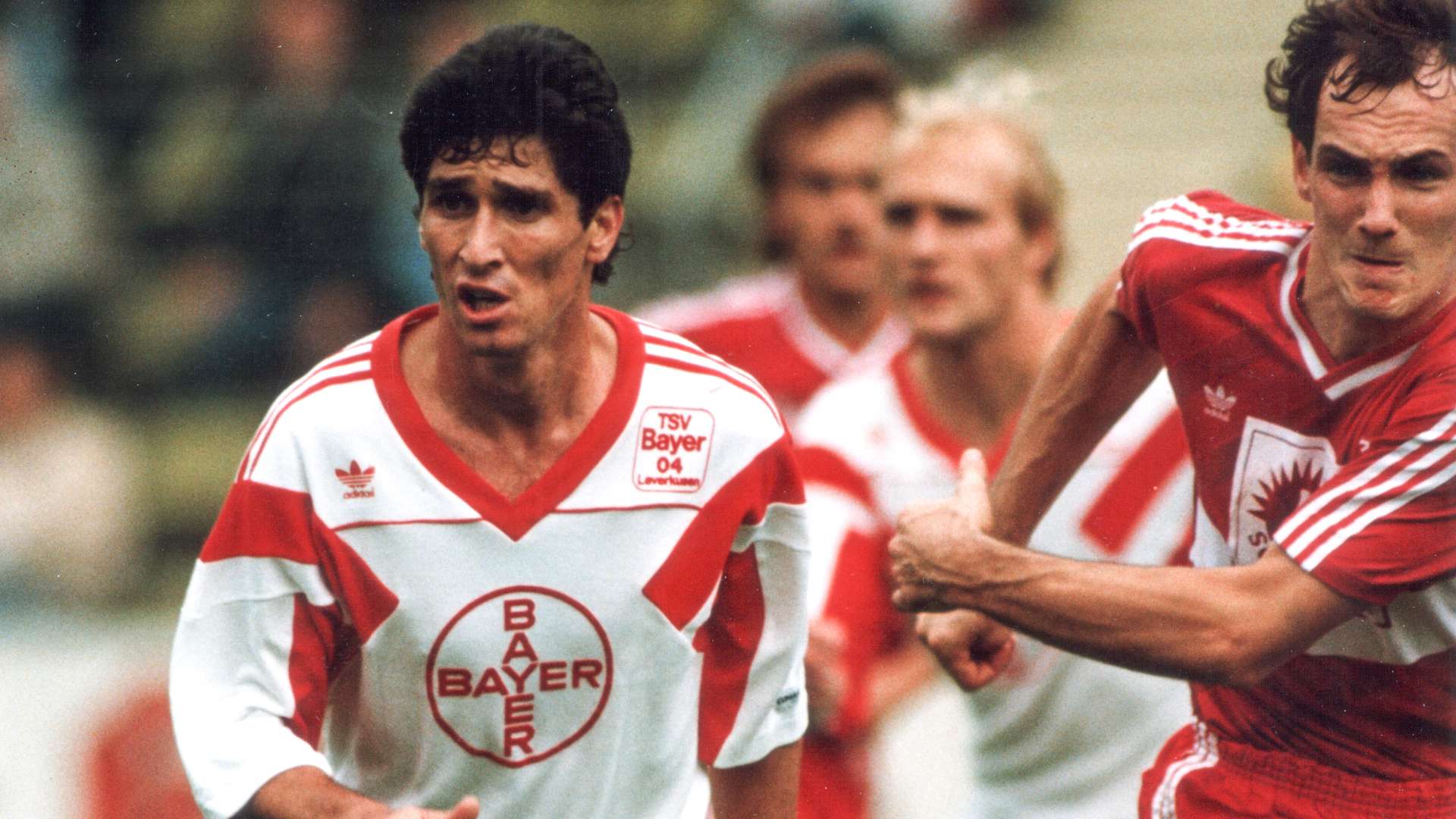
After his retirement as a player, he was head or assistant coach for a number of teams including being the Brazil assistant coach from 2006 to 2010. His latest post as a coach was in Thailand where he led Buriram United to the league title a few months ago.
In 2000, Jorginho with his friend Bebeto, also a former Brazil international, set up an institute in Rio de Janeiro for children from deprived backgrounds. The organisation helps children and teenagers to improve their lives through sport, education, culture, art and professionalism.
With his wife Christina Jorginho has three daughters and one son. The family is again living in Rio de Janeiro.
Dear Jorgi, I wish you all the best. Stay as you are and, above all, remain healthy!
Related News
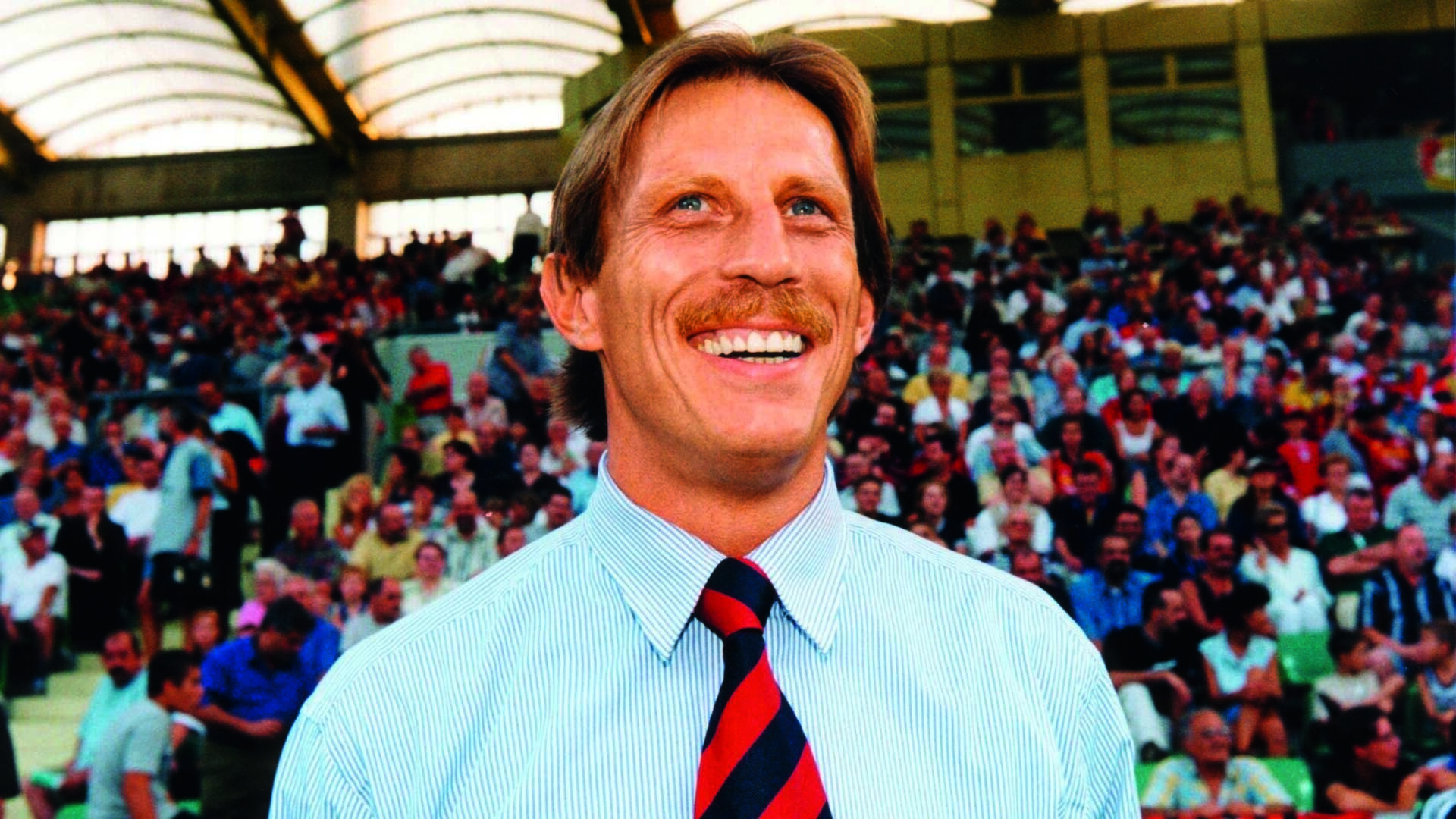
Legend: Christoph Daum - The man who taught us to want
Christoph Daum was born on 24 October 1953 in Zwickau. As a child, he moved to West Germany with his mother and grew up in Duisburg. He developed a great enthusiasm for football at an early age, even though it soon became clear that his future lay less on the pitch than on the sidelines. Even at a young age, his passion for analysing, explaining and improving things became apparent.
Show more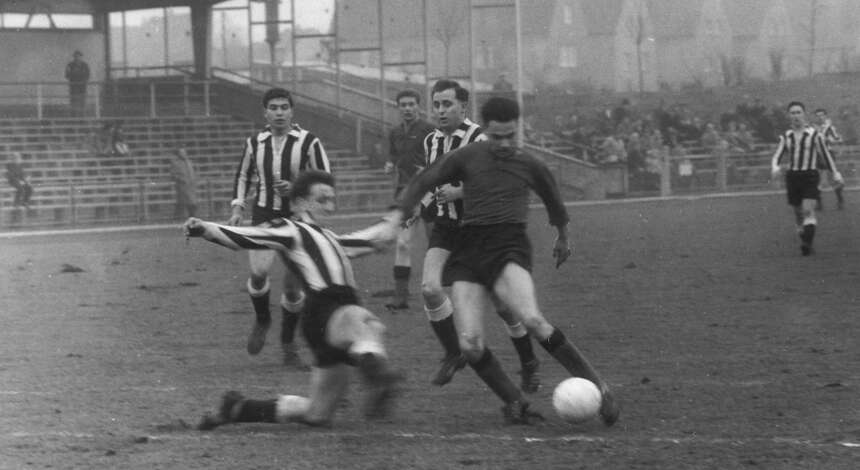
From the archives: 65 years ago - Another victory at last
When the Bayer 04 players celebrated Christmas in 1960, they spent the winter in second place in the Oberliga West 2 on 20 points - but already five points behind leaders Schwarz-Weiß Essen. However, coach Erich Garske's team are struggling to get back on track in the new year. A goalless draw against Bonner FV at home at the Ulrich Haberland Stadium was followed by a 2-1 away defeat in Erkenschwick. The following home game also yielded just one point. As a result, the team's promotion ambitions dwindled to a minimum, as the gap to the coveted spot has now grown to a challenging ten points.
Show more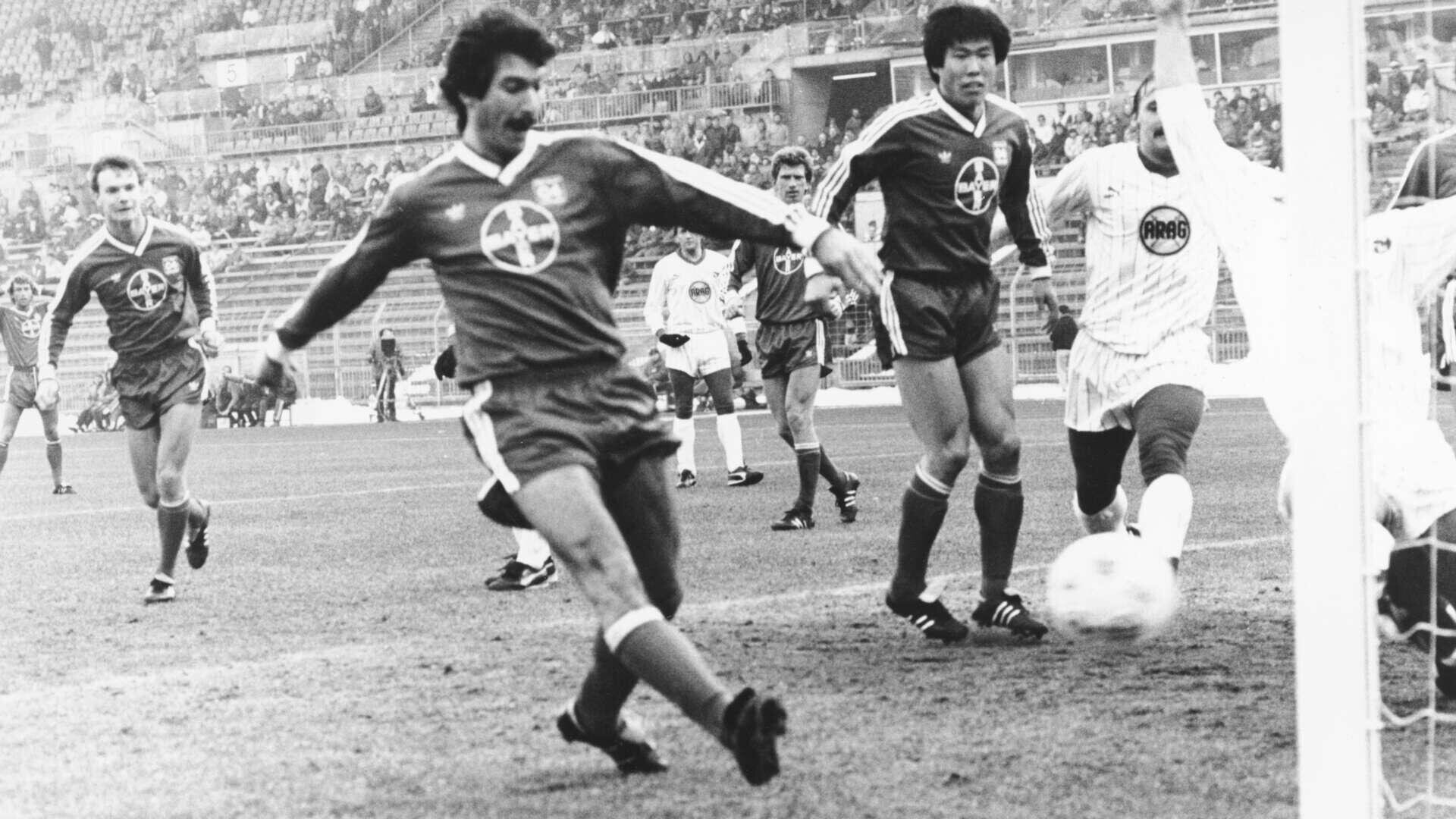
Goals of the month: From Waas to Tapsoba
In this video you can see impressive and important goals in Bayer 04 history from the month of February. It's not always about the beauty of the goals, but also a reminder of special games and players.
Show more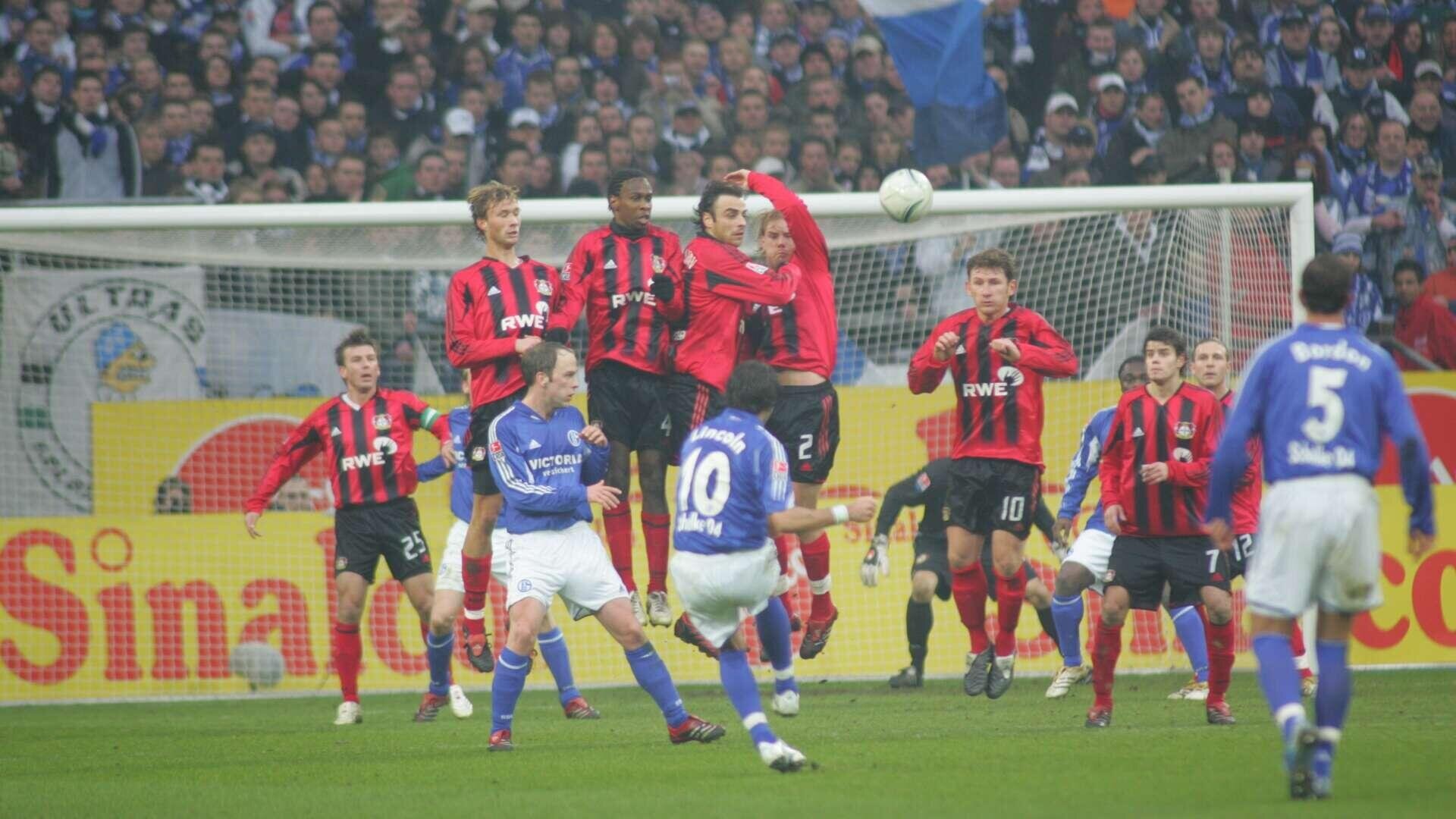
Match of the month: 20 years ago - A game of goals galore
It is 11 February 2006 and Schalke 04 and the Werkself kick off at 3.30 p.m. in a match that ends up being historic - at least from a Bayer 04 perspective.
Show more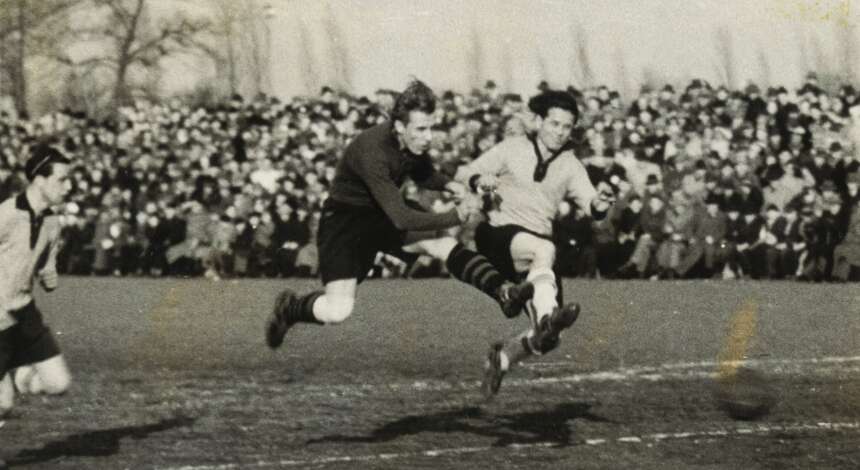
History: 75 years ago - The 1950/51 season (February)
As league leaders, the Werkself welcomed the relegation-threatened team from Rhenania Würselen. On 4 February 1951, 5,000 spectators line the touchlines despite the Sunday carnival parades. And they see a home team that is superior on the pitch. Without Theo Kirchberg, who was ill, and Emil Becks, who was suspended, the hosts attacked the opposing goal from the start. Battling against a strong wind in the first half, Bayer 04 created chance after chance, but were repeatedly thwarted by the Würselen goalkeeper. With the score at 0-0 at half-time, Karl Heinz Spikofski tried his luck on 55 minutes and hammered the ball into the opposition net from 20 metres out. Rhenania can no longer counterattack. The siege of the Würselen penalty area continued right to the end, but the game ended in a narrow 1-0 win.
Show more